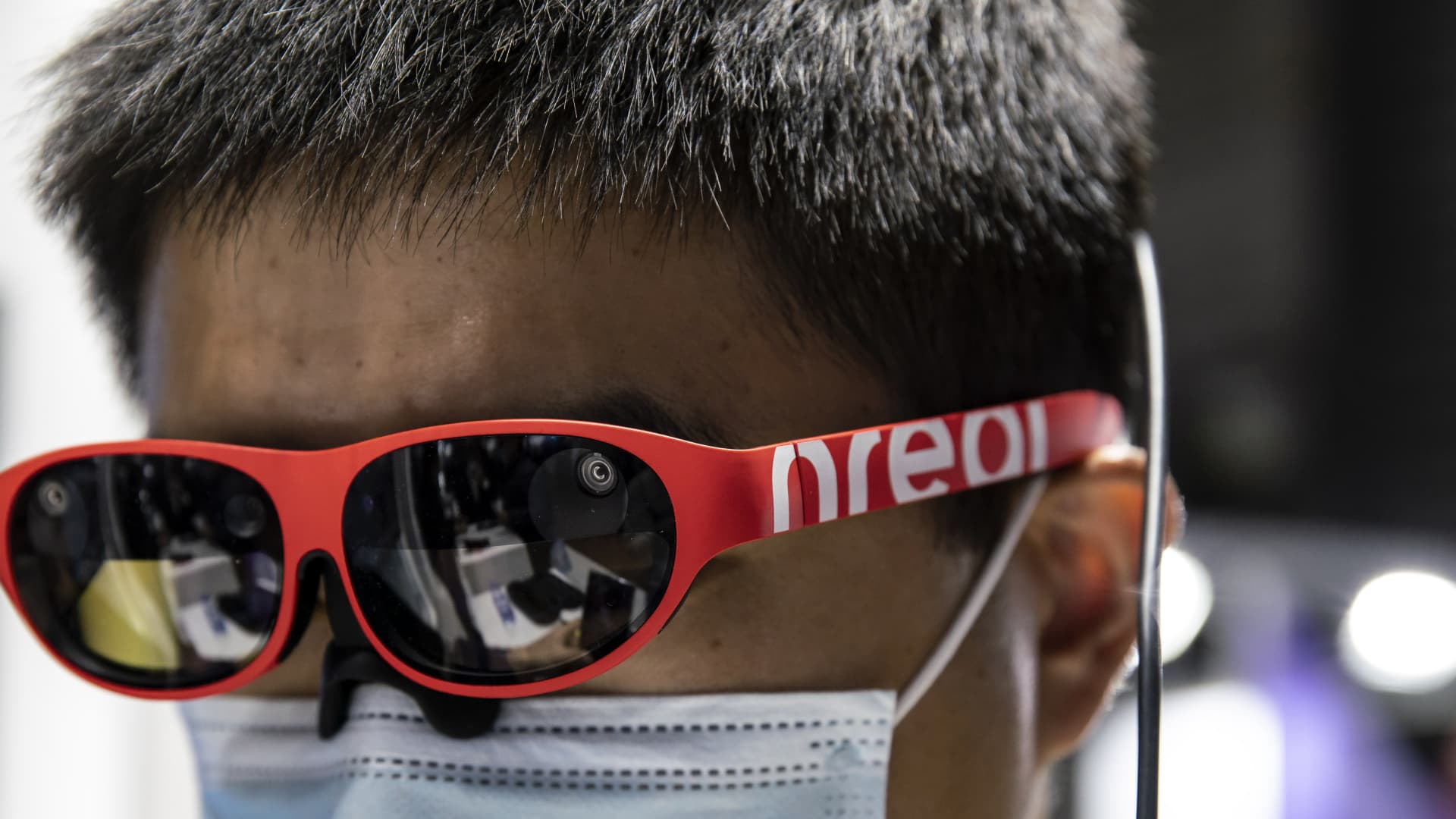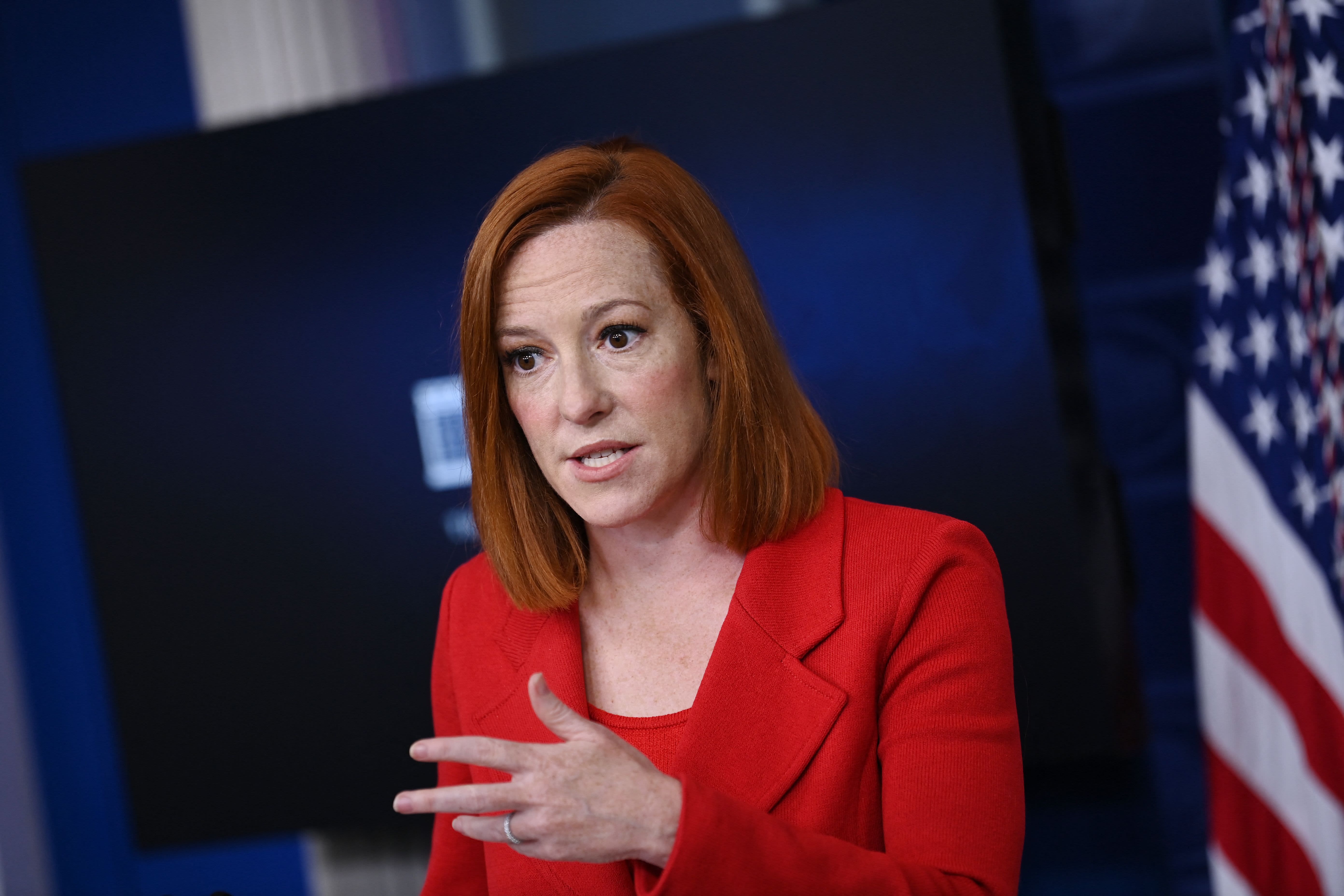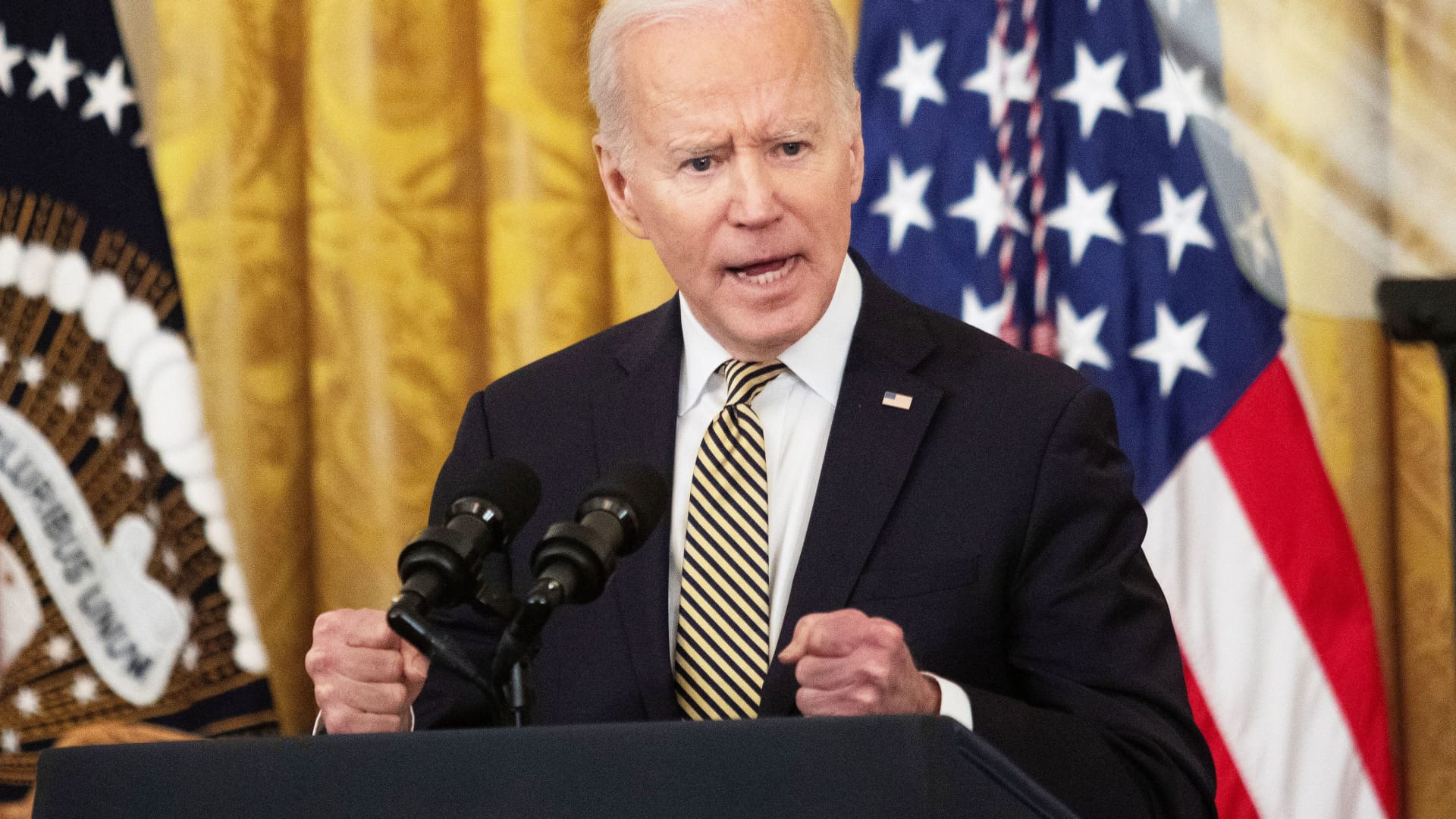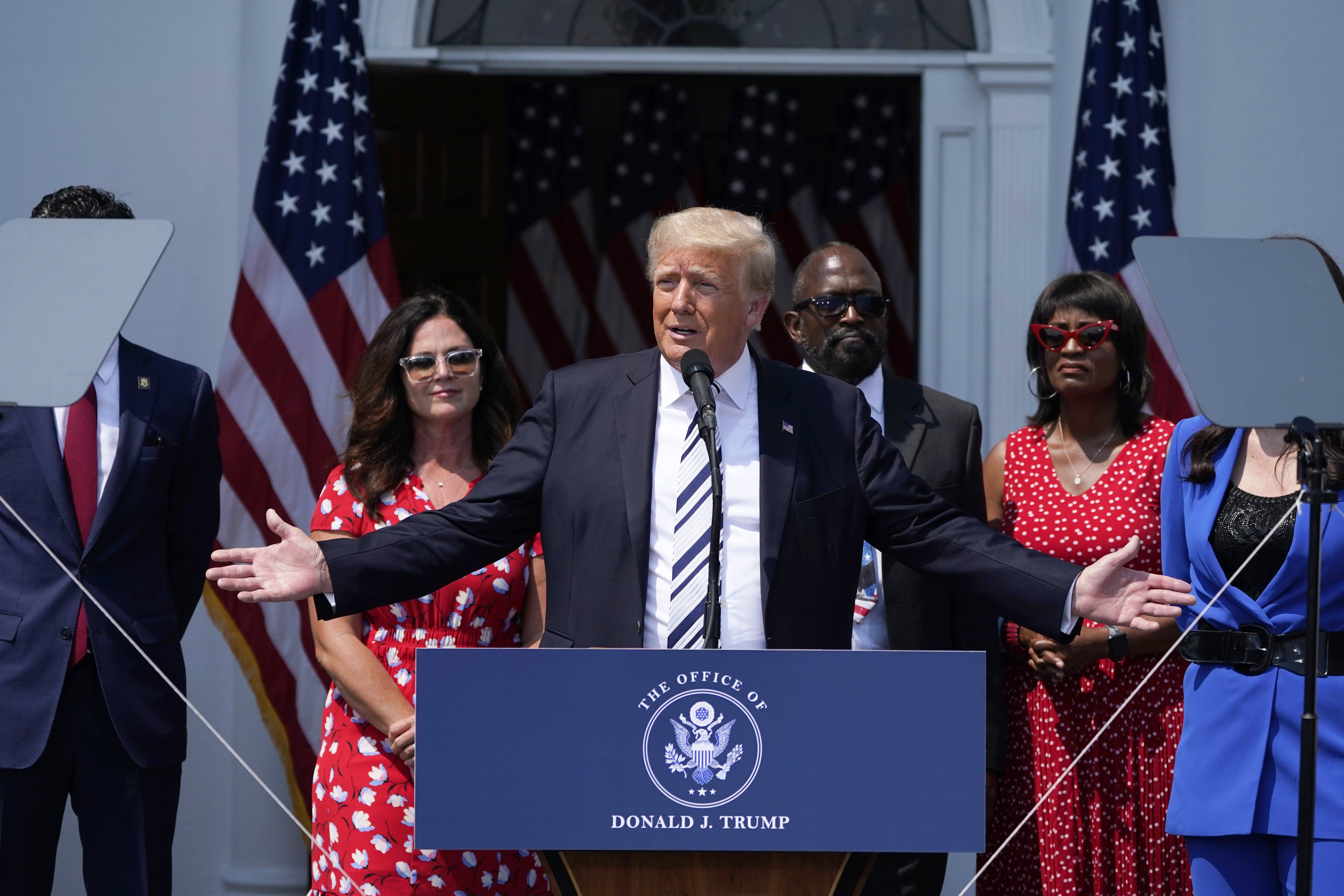Bankrupt trucker Yellow repays $700 million Covid loan, Teamsters blast 'failed executives'
The $700 million loan to trucking giant Yellow was made at the height of the COVID-19 pandemic, and caused a rift in the Trump administration.
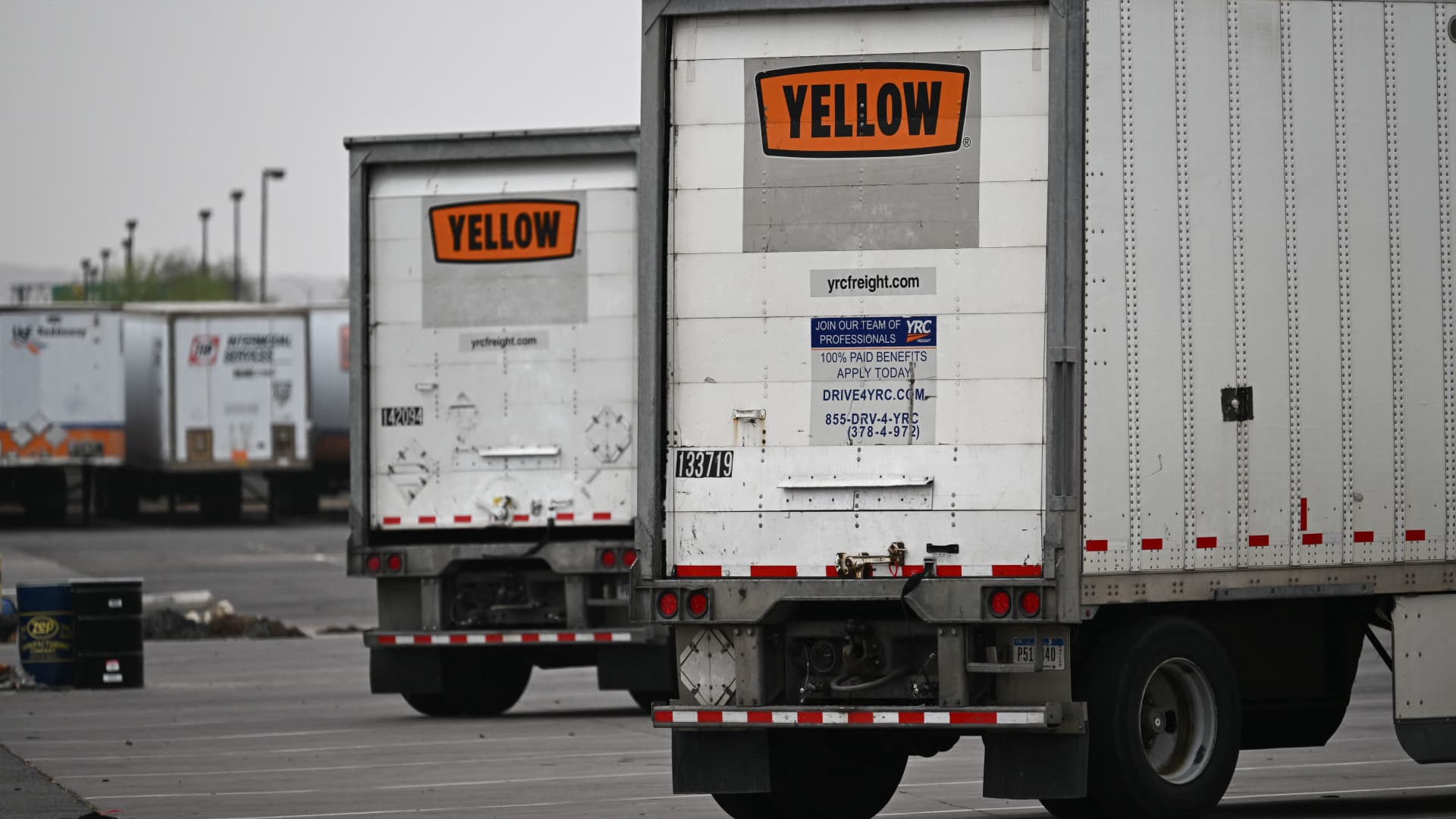
Trucks and trailers sit in a Yellow Corp. facility lot, closed after the freight trucking company ceased all operations, in Las Vegas, Nevada, on July 31, 2023.
Patrick T. Fallon | AFP | Getty Images
The bankrupt trucking company Yellow has fully repaid a controversial $700 million Covid loan to the U.S. Treasury Department, plus more than $151 million in interest, the company said Monday.
The announcement came nearly two months after a federal bankruptcy judge in Delaware approved Yellow's request to sell most of its shipping centers and real estate for nearly $1.9 billion.
Meanwhile, unsecured creditors in the bankruptcy case, including employee pension funds, are seeking billions of dollars in payouts from what remains of the company.
"The money Yellow boasts that it's repaid the federal government is but a fraction of the $5 billion that hardworking Teamsters gave back to this mismanaged company in wage and pension concessions for more than a decade, money that the workers to this day have not seen," a spokeswoman for the Teamsters labor union, which represented Yellow workers, told CNBC.
"Working people should have been first in line for relief during Yellow's bankruptcy proceedings," the union spokeswoman said.
"As a final insult, Yellow's failed executives gifted themselves millions in bonuses as they walked away from the ashes of a once-great union company. Yellow may have kept its promise to the taxpayers, but it betrayed a loyal workforce. That fact will be its shameful legacy."
The $1.3 billion in debt that Yellow had coming due this year included the $700 million loan it received in 2020 under the CARES Act, which authorized the Treasury Department to make loans to companies that were "critical to maintaining national security" during the Covid-19 pandemic.
Top Trump administration officials pushed Treasury officials to approve the loan over the objections of the Defense Department, which determined that Yellow was not "critical to maintaining national security."
By mid-2023, as it headed toward bankruptcy, Yellow had made only one payment on the loan: $230, in July 2021.
In a statement Monday announcing the loan repayment, Yellow's chief restructuring officer Matthew Doheny said, "repayment demonstrates Yellow's absolute commitment to fulfilling its promise to the American taxpayers that its CARES Act loan would be repaid in full with interest."
In an apparent nod to the controversy over the loan, Doheny said that "despite receiving bipartisan support, Yellow's CARES Act loan would not have been possible without the leadership of President [Donald] Trump and [Treasury] Secretary [Steven] Mnuchin for which Yellow is and remains grateful."
Read more CNBC politics coverage
Yellow's management has blamed the Teamsters union for a liquidity crisis last year, due to the union's refusal to defer benefits payments the company owed last year to the Central States Pension Fund. The union had threatened to strike in July if the payment was not made.
Yellow's lawyer Mark Kaskowitz in a statement Monday again blamed the International Brotherhood of Teams leadership, under Sean O'Brien, for taking a "militant zero-sum approach to dealing with Yellow that prevented Yellow from completing its network optimization."
In response, the Teamsters spokeswoman said that every time Yellow "cried poor, our members did the right thing; unfortunately, Yellow continued to pay its executives, and kicked the can down the road, instead of fixing the company."
"While other unionized companies in the same space, including ABF and TForce Freight, continue to thrive and grow, Yellow's executives repeatedly and greedily drove this company into the ground," she said. "They spent no time trying to find new lenders while they continued to line their own pockets."

 Troov
Troov 








